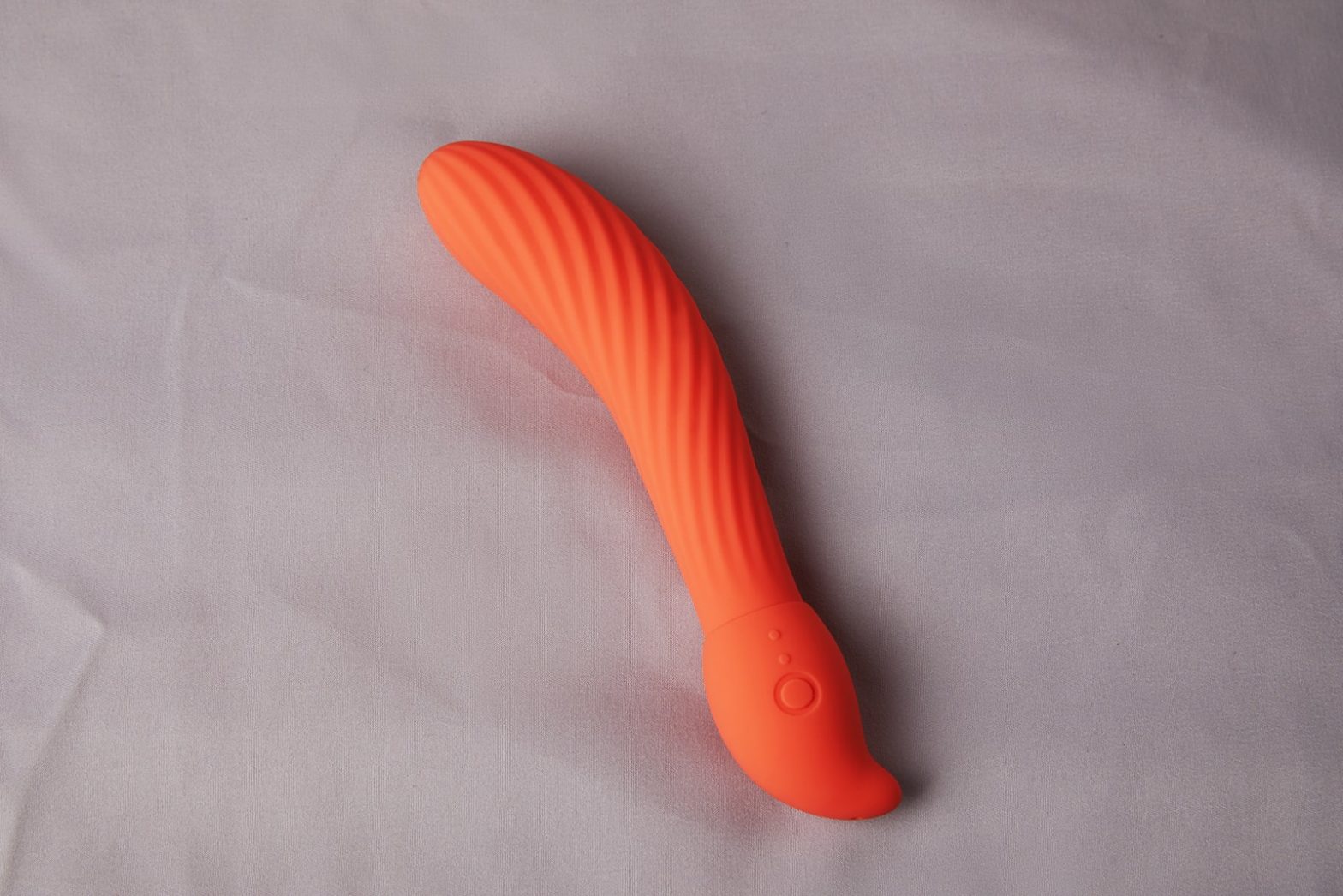That’s one of the research questions being posed by a team of Cedars-Sinai doctors addressing female sexual dysfunction, an issue that affects around 40% of women of reproductive age worldwide.
Dr. Alexandra Dubinskaya, a urogynecology fellow, is leading this new study at Cedars-Sinai to determine if vibrators can help women who are suffering from sexual dysfunction, urinary frequency or urgency, overactive bladder, incontinence and/or pelvic organ prolapse.
“We know we need to exercise all parts of our bodies, and we all hear we shouldn’t skip ‘leg day,’ but we regularly skip ‘pelvic floor day. Exercising the pelvic floor muscles could be challenging, and that’s why vibrators could be a really good modality to actually massage the muscles and increase the blood flow in the area.”
Dr. Alexandra Dubinskaya
Women in the study are interviewed about their sexual, pelvic floor and overall health. They complete a validated questionnaire on their symptoms and undergo a pelvic exam. Participants are given a vibrator and instructed to use it three times a week for three months. Afterwards, women discuss their experience, complete exit questionnaires and undergo another pelvic exam.
The study aims to evaluate the effect of regular vibrator use on subjective symptoms and wellness, and make an objective assessment of tissue quality and organ prolapse.
The concept tested in the study is already in clinical use for men. Men who have had surgery for prostate cancer, for example, are routinely prescribed erectile dysfunction medications. The resulting blood flow allows the tissue to stretch and maintain its functionality.
“In the same way the increased blood flow from an erectile dysfunction pill helps men heal following their cancer surgery, using a vibrator might help women.”
Dr. Karyn Eilber, urologist and sexual health expert at Cedars-Sinai
The team of doctors from Cedars-Sinai refer to a lack of studies, tools and recommendations to help women with the conditions that fall under the catch-all diagnosis that can include pelvic pain, pain during sex, arousal difficulties, orgasmic disorders and other symptoms that can take a toll on quality of life and relationships.
“We have studies looking at the diagnosis and management of sexual dysfunction, but there isn’t really much data on the patient perspective, healthcare perception or what kind of treatments are working. There’s a huge gap in medical literature on what we can do for these patients, and we need a better understanding of what the general public knows to help treat these patients in the future.
It’s a widespread problem that affects thousands of women. Despite the prevalence of urogynecologists, pelvic medicine doctors and sexual medicine doctors, there’s actually a really small number of people who know how to treat these disorders.”
Dr. Poone Shoureshi, a urogynecology fellow at Cedars-Sinai
Part of the teams’ goal is to increase conversations around sexual health. The team is awaere of the taboo and squeamishness around women’s sexual wellness and pleasure.
“It’s an important topic,” says Dr. Eilber. “Doctors need to be actively involved in removing the stigma. We need to take sexual health and mental health as seriously as physical health.”

